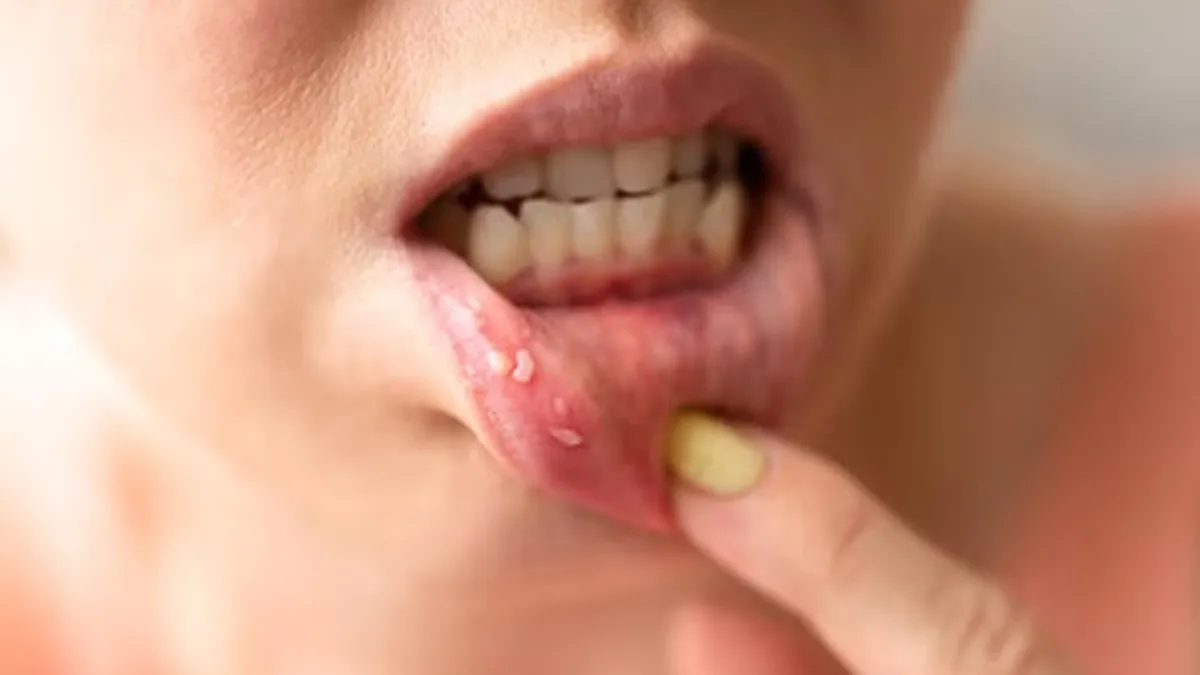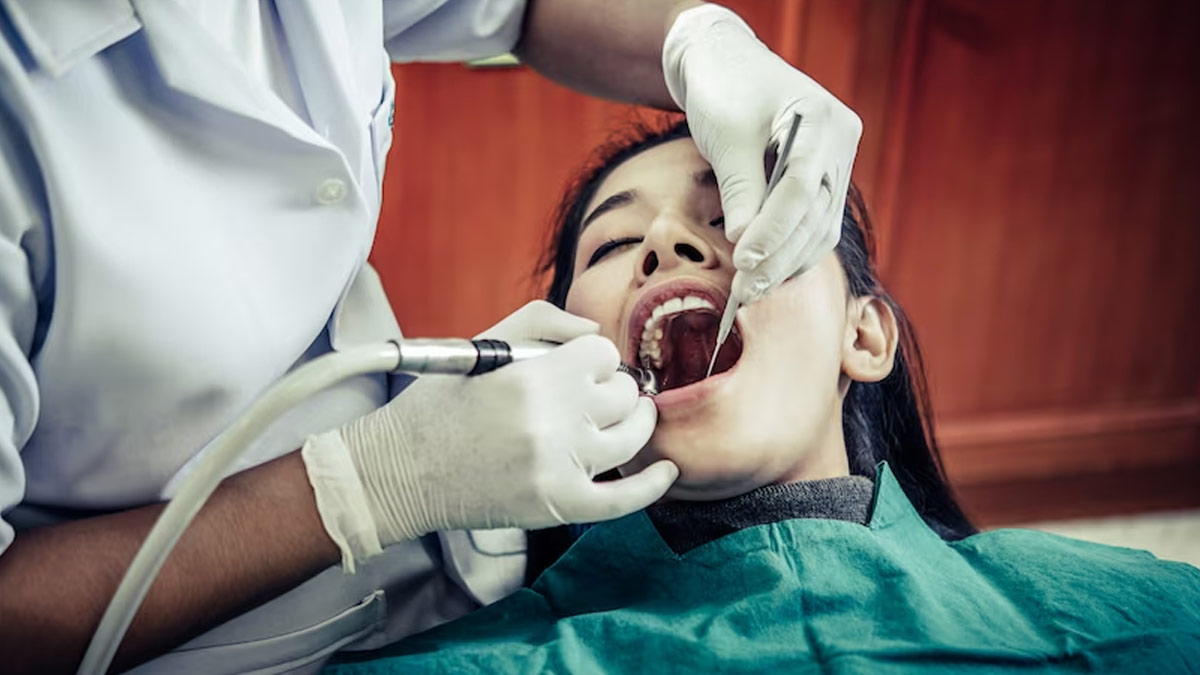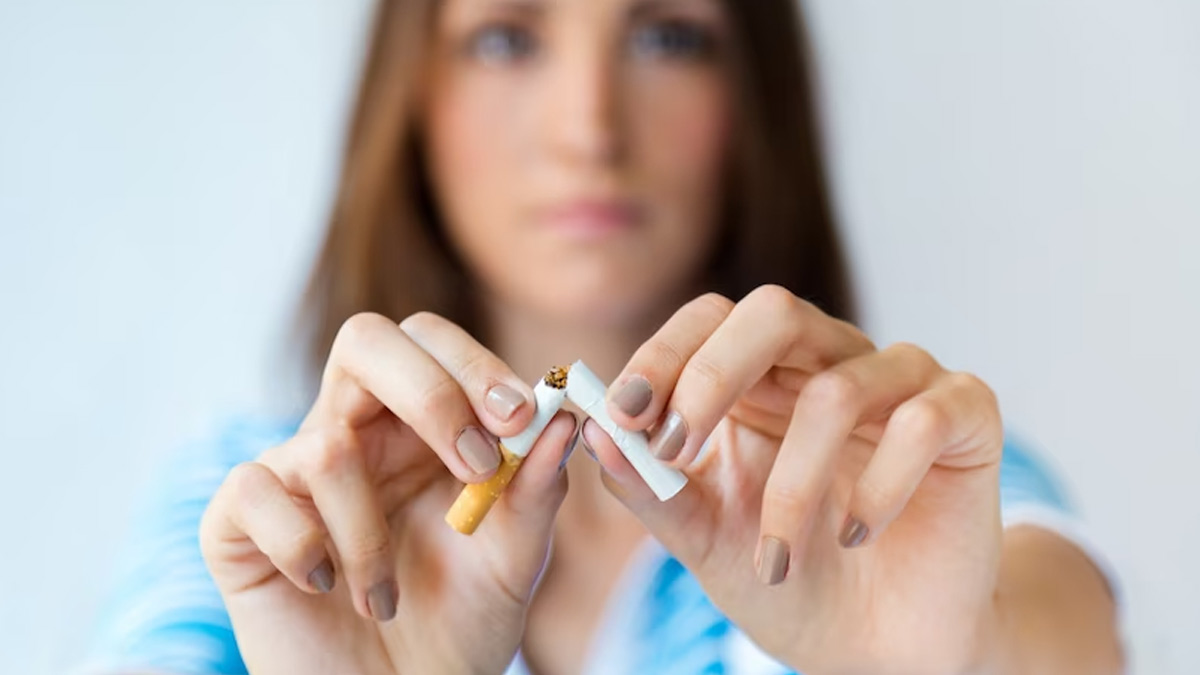
We all know smoking is bad for us, and it's often linked to serious illnesses like oral cancer. But a top cancer doctor is warning that focusing only on smoking can be dangerous. Oral cancer, which can affect the lips, tongue, cheeks, gums, and the roof and floor of the mouth, can also pop up for other reasons.
Table of Content:-
In an exclsuive interaction with the editorial team of Onlymyhealth, our exper, Dr Anil Thakwani, Senior Oncologist, Shardacare, Health City - Noida, explains that people need to understand the bigger picture. "While tobacco use, including smoking and chewing, is a major risk factor for oral cancer, it's crucial to know that it's not the only culprit," he explains. "Ignoring other potential causes can lead to delayed diagnosis and treatment for individuals who don't use tobacco."
Causes Of Oral Cancer Other Than Smoking
So, what else can increase your risk of developing oral cancer? Dr. Thakwani highlights several key factors:
1. Heavy Alcohol Consumption
Just like smoking, regularly drinking large amounts of alcohol irritates the cells in the mouth and throat, making them more vulnerable to becoming cancerous. The risk is even higher for people who both smoke and drink heavily.

Also Read: Celebrate Motherhood: Safe And Ethical Surgical Solutions For Post-Pregnancy Body Changes
2. Human Papillomavirus (HPV)
You might have heard of HPV in relation to cervical cancer, but certain types of this common virus can also infect the mouth and throat. Dr. Thakwani points out that HPV-related oral cancers are becoming increasingly common, particularly in younger, non-smoking individuals.
3. Poor Oral Hygiene
Not taking good care of your mouth can also play a role. Chronic irritation from things like sharp teeth, ill-fitting dentures, or a lack of brushing and flossing can increase the risk of cell changes that could lead to cancer.
4. Diet Low in Fruits and Vegetables
A diet lacking in essential vitamins and antioxidants found in fruits and vegetables can weaken the body's natural defenses and make it harder to fight off diseases, including cancer.
5. Betel Nut and Areca Nut Chewing
In some parts of the world, including certain regions in India, chewing betel nut and areca nut is a common practice. Dr. Thakwani warns that these substances are known carcinogens and significantly increase the risk of oral cancer.

Also Read: HIV Rates Climb Among Older Adults, But Prevention Still Targets The Young, Study Finds
What Can You Do?
Dr. Thakwani emphasises that being aware of all the risk factors is the first step. He recommends the following:
- Quit Tobacco and Limit Alcohol: If you smoke or drink heavily, seeking help to quit or reduce consumption is crucial.
- Practice Good Oral Hygiene: Brush your teeth twice a day, floss daily, and see your dentist regularly for checkups.
- Eat a Healthy Diet: Focus on a balanced diet rich in fruits, vegetables, and whole grains.
- Be Aware of Changes in Your Mouth: Pay attention to any persistent sores, lumps, white or red patches, pain, or difficulty swallowing. Don't ignore these signs – see a doctor or dentist promptly.
- Discuss HPV with Your Doctor: While there isn't a specific screening test for oral HPV, talk to your doctor about HPV and its potential links to oral health.
"Early detection is key to successful treatment of oral cancer, regardless of the cause," Dr. Thakwani stresses. "By understanding all the potential risk factors, not just smoking, we can encourage more people to be vigilant about their oral health and seek help if they notice any concerning changes."
So, while the dangers of smoking remain clear, remember that oral cancer can have other roots. By being informed and proactive about your oral health, you can take important steps to protect yourself.
Also watch this video
Read Next
World Ovarian Cancer Day 2025: Expert Explains Advanced Treatment Approaches In Ovarian Cancer
How we keep this article up to date:
We work with experts and keep a close eye on the latest in health and wellness. Whenever there is a new research or helpful information, we update our articles with accurate and useful advice.
Current Version